The Overwatch League kicked off in January to enormous success—it has the big name sponsorship, decent viewership numbers, and a consistently packed stadium. But that success isn’t without controversy. The Overwatch League has faced criticism for its lack of transparency over its player Code of Conduct, which it’s had to enact several times already. The harshest punishment it’s handed out was a 30-game suspension, given to Philadelphia Fusion player Kim “Sado” Su-min for charging players for account boosting. And that was before the Overwatch League even began.
Player conduct entered back into the conversation when former Dallas Fuel player Félix “xQc” Lengyel was released from his team after a series of punishments.
Related: New York Excelsior and Seoul Dynasty’s rematch showed where Overwatch League’s future lies
Nate Nanzer is the person in charge of it all. As the Overwatch League commissioner, he heads up the league’s team. Dot Esports spoke to Nanzer at South by Southwest in Austin, Texas on March 15 about the Overwatch League’s standards for player behavior and explained how the Code of Conduct is enforced. Though he’s in charge of it all, Nanzer alone isn’t doling out punishments. A team of lawyers and Overwatch League staff are all involved in the punishment process.
“The notion that there’s no appeals process or whatever you want to call it is not true,” Nanzer said. “There absolutely is. It’s up to the player if they want to take it on or not.”
Beyond player conduct, Nanzer and the Overwatch League are focused on expanding for the future—more teams, more cities. The city-based structure may not come with the Overwatch League’s second season, but it’s the ultimate goal. “It’ll be an unprecedented thing for esports,” Nanzer said.
The following interview has been edited for clarity.
How did the Overwatch League Code of Conduct come together?
Nanzer: The code of conduct is a pretty standard issued thing you would see in any sports league. Ours is also pretty standard issue stuff. We first gave it to the players at the player summit, which we held before the season started. We had all the players out in Burbank and we had a big hotel ballroom and we talked through lots of things. We did the Code of Conduct, we did a big Q&A on it as well. We also did media training for all the players. We had a really great media trainer come in and do sessions with all the players. We set all our expectations. Out of the player summit, we actually made some changes to the Code of Conduct from feedback from the players. We really view that as the document that is a living document that will continue to evolve over time. It’s one we’re going to continue to work on with our teams and our players. It’s pretty standard stuff.
How do you decide what gets punished and how severe that punishment is?
There’s a bunch of factors that go into it. What was the thing that happened? How severe was it? What was the context? We’re not… you can’t necessarily prove intent with things, but it’s more about the context. For that individual, is it their first offense? Have they had a written warning before? Generally what we like to do is have an escalation path. If it’s a first offense and it’s relatively minor, it’s maybe a written warning, which escalates to a fine, which potentially escalates to a fine and a suspension. The point of punishment is to try to prevent that behavior from happening again. If there are repeat offenses, the penalty tends to escalate. If that first penalty didn’t fix the issue, then it escalates from there. In general, our goal is to hand out punishments that we think are fair given the infraction but still give people a path to fixing it. The biggest penalty we’ve handed out so far is a 30-game suspension to Sado for boosting. You might ask, there are other players who boosted who got lesser suspensions. But again, it’s about how much boosting was there. Was it like, I played on a friend’s account? Or was it that I took money from hundreds of people to boost? Those are two very different infractions so they’ll get different levels of punishment.
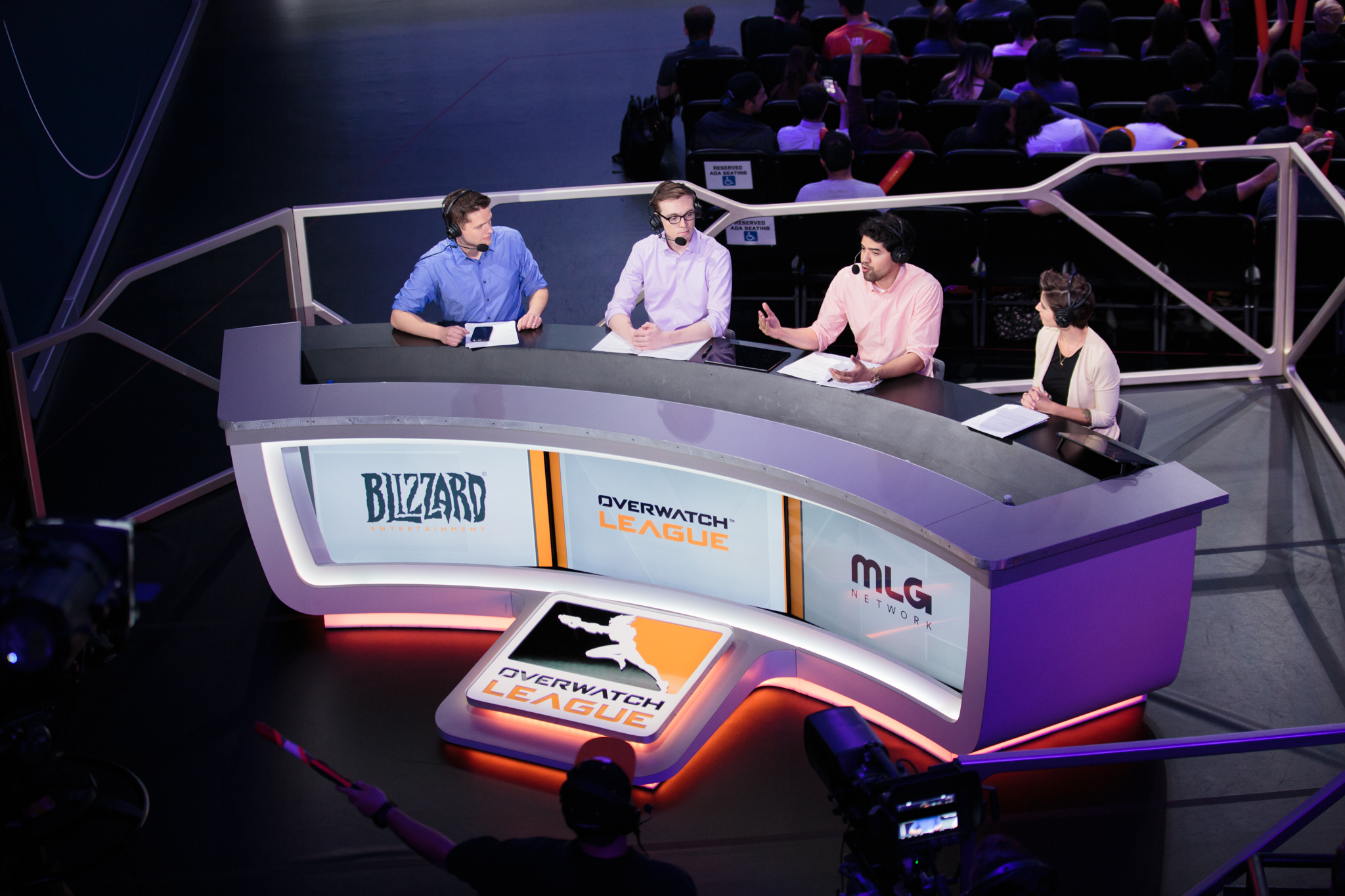
Why does boosting garner one of the harsher punishments overall?
Boosting is one of those things where you are directly influencing in a negative way the experience of thousands of other Overwatch players.
How do you plan to keep situations like xQc’s from happening again?
The league will continue to invest in things like media training for players. We have a process in place where… so, let’s say something happens. We decide we’re going to action it. It’s not just me in my office being like, “Ahaha! We’re going to fine a guy.” We have a whole team to discuss it. Lawyers are heavily involved. We draft a letter saying, here’s what you did and here’s the penalty. We send it to the player and we copy in the owner and the coaches. In the letter it says, this is what the outcome is, however, if you would like to present evidence or would like to discuss any of this, here’s the window. Let us know if you want to have a conversation. If you do, we’ll schedule a time to discuss it. We never make it public until we’ve finalized the punishment until that window lapses. There actually have been cases of players saying, yes, I would like to talk about it. In one case we actually got rid of the penalty altogether after discussing the penalty with the player. The notion that there’s no appeals process or whatever you want to call it is not true. There absolutely is. It’s up to the player if they want to take it on or not.
Is there a support system in place for players?
I would say on the team level, I think our teams are investing a lot in sports psychologists to help. I get it… I’ve never experienced anything like this, so it’s hard for me to put myself in players’ shoes. But I imagine it’s a lot when there’s a huge spotlight on you. We definitely… that was the intent of our player summit, was to try to help prepare them with some tools to talk to people like you and not say the wrong thing and have the PR guy buzz you from across the room.
In fact, the media trainer that we had work with the players is the same one that works with me and Mike before we do BlizzCon and stuff. It’s really high quality people. I think we’ll continue to invest in that and I think this is an area where it’s really on them to prepare their players for the eventual moment when they’re in the home market and they’re going to be interacting with fans every day. There’s going to be local sponsor commitments and all sorts of things that professional athletes deal with all the time.
There was some controversy around the original broadcast talent lineup. How did that come to be originally?
It’s funny, Alex [Mendez] and Malik [Forté] have both tweeted about this. We were trying to sign both those guys for months. For whatever reason, Alex didn’t want to move to L.A. full-time, and Malik couldn’t get the lawyers to agree. It was a lawyer issue. Once the league launched, we were continuing those conversations. Those guys saw what an awesome launch it was, and were like, we got to get involved. We were able to work out a way where Alex could be involved and Malik could come on and be our host. That was important to us because Malik and Alex are ridiculously talented.
I think about diversity for the talent lineup, it’s definitely something I think a lot about. It’s definitely something that we’re trying to be proactive about and using Contenders as an opportunity to groom new talent and we feel they’re Overwatch League ready. We do have an incredibly high quality bar that we want to hit with Overwatch League. If you look at our talent lineup, like Puckett, Monte—those guys have being doing this for a decade. They’re the best in the business. I think we’ll continue to get more people involved and I think the best thing we can do as a publisher to do more diversity in esports talent is to give more people an opportunity to get reps essentially and work on different products. With Contenders and World Cup and Open Division and all the content we create, we’re really using that as the laboratory for trying out new talent.
How are you going to ensure that Overwatch League is safe for all people, say, with Twitch moderation?
This is a huge challenge not just for our industry but the world. It’s an internet problem. It’s not just a game problem. It’s hard to almost talk about because it’s such a big problem and there’s only so much we can do as one company. But I’m really excited about the fair play alliance that just kicked off that we’re a member of and I’m interested to see how much we can do together as an industry when we’re sharing best practices about how we’re dealing with toxicity. It’s really interesting to know what Riot’s doing, what Valve’s doing, what’s Epic doing? Knowing what everyone is doing and what we’re doing is really going to help move that along.
I think it’s honestly really on all of us as gamers to be thoughtful about what we are doing in our own daily gaming lives to make the platforms that we watch games on, the games we play, welcoming places for everybody. I do think pro players especially are under a microscope and having 650,000 people watching Ninja play Fortnite last night… I guarantee you thousands and thousands and thousands of that was kids who woke up this morning and said, “I’m going to be Ninja when I grow up.” I know that’s not what Ninja’s goal probably is, but it’s the reality of the situation in the same way that a kid wakes up in the morning and says, “I want to be LeBron James.” It’s no different. These guys have this spotlight on them. Kids really look up to them. You have a whole generation coming up that’s been playing video games since the moment they were born essentially. I do think we all have a responsibility as gamers, but especially pro players, big streamers, influencers in the market, also need to be thoughtful about the fact that whether or not you want people looking up to you, the fact is that they do—to be thoughtful about would you want to be on the receiving end of that behavior.
We’re never going to solve the problem of toxicity on the internet. It’s also competitive gaming, there’s going to people who are frustrated and mad, and I’m never going to judge someone on that. I used to play baseball, I definitely smashed my helmet down after striking out before. That totally happened. You get frustrated and you get mad. That’s totally fine. We expect that. Really all that we expect from our pro players is that they treat other people the way that they would want to be treated and act professionally. It’s pretty simple stuff.
Moving into the logistics of the league, will there ever be a draft system in Overwatch League similar to traditional sports?
The limiting factor on having a draft is that you run afoul of anti-trust law if you don’t have a players’ union to collectively bargain for the players. At such time when we have a players’ union with collective bargaining, then we would totally explore doing a draft.
I remember you guys announced during the original announcement that you would do a combine and draft.
The combine thing we can still do, it’s just a draft where… because what a draft is you’re essentially saying player X must play for team Y because they picked them. You’re forcing a player. There’s no choice in that. You need to have that as part of a collective bargaining agreement.
Say a draft does come in, how do you think that’s going to impact strategy in building the teams themselves?
I think it would be interesting to see how that plays out. Would you have a bunch of new talent coming in every year? Would it be like Major League Baseball where they’re drafting 40 players? Or would it be like the NBA where you’re drafting two? I’d be curious to see where that evolves. There’s a huge… in Korea alone for Open Division this year, we had over 11,000 players sign up. There’s a huge number of folks out there who want to be pro Overwatch players. Having a draft would be a cool, organized way to have a very clear step from Contenders to the draft. It’s something that we’ll explore at the time if we get to the point where we can have one.
You mentioned in the talk a little that you have the stats tab and you’re looking to make that live. What’s that going to look like and what’s it going to involve?
I think it’ll be in-depth, both stats from the team and player level. It’ll live on the Overwatch League website for now. We’ll see where this evolves over time. It’ll be on the app—there’ll be some stuff on the app as well. We want to give fans the ability to filter—if they just want to look at Tracers, they can look at Tracers. It’s going to be pretty robust. There’s a lot there. There’s tons of data. We’re trying to figure out what’s the most important stuff to show. It’s new a sport, too, so we’re not exactly sure where all the right stats are, what we need to focus on, what’s the most meaningful, what has the most impacts in winning or losing. We’re working through all that now. It’s definitely a tool we want to get out there. Stats are one of the cool things about following a sports league and it helps give context. Fans can definitively say that person’s better than that person. That stuff is fun. We hope to have some of that stuff up soon.
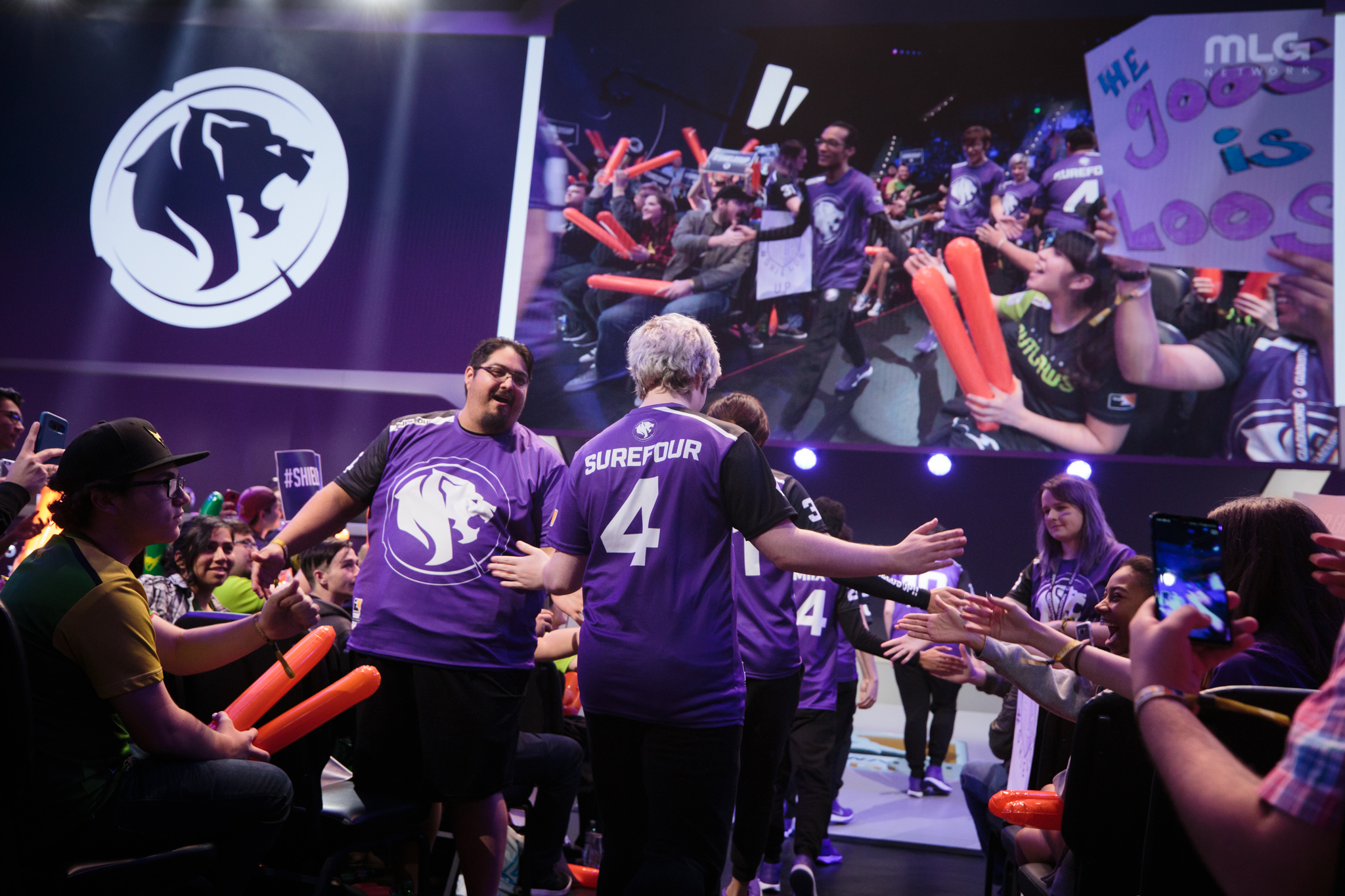
You’re putting some of that on the website. Are you also going to give teams more in-depth stats themselves?
Teams will have access to all of that data and be able to use that to create their own analytical tools.
Would you support a players’ union? Would you help get that off the ground?
I think it’s called a players’ union. It needs to generate from the players. We talked a lot about it, we didn’t think it made sense for the league.
There’s sort of a conflict of interest there.
Yeah. If the players… I will say, it was really important to us in designing the Overwatch League that we created a league where players were treated really well. I think we’ve taken a lot of steps to do that. But if players decide that it’s in the best interest to form a union, of course we’d be supportive of that and have those discussions.
How does Blizzard define success for the Overwatch League?
We’re definitely taking a very long-term view. In the near term, we’re focused on continuing to make great content. I’ve been really pleased to see the narrative and a lot of the press around the Overwatch League after launch has been that everything’s very high quality, which is great. But we want to continue to… we can always do better. I mentioned this today, but we need to do more storytelling. There’s a lot of additional things we can do.
Growing viewership is really key. We’re… I wouldn’t say we have a target in mind, but we want to show growth. We want to show that we’re growing the audience and bringing in new fans, and make sure the content is accessible to new fans. That’s a key metric. Finally, making sure we’re driving a lot of value for stakeholders. I think we’ve had a lot of really commercial success and we want to continue to focus on bringing in great partners like we have with HP, Intel, Toyota, and T-Mobile. It’s been really exciting to work with those brands and make what we think is really cool branded content that is way better than just putting a logo on a broadcast. Like, Access Granted with Toyota we just launched, and content like that we think is really cool. The fan reaction to it has been really positive, too, so overall it feels like we’re off to a good start. But there’s still a million things that we want to do.
Is the structure going to stay the same next year?
I think we’re… we don’t really have anything to share on that yet because we’re going to go through the expansion and team sales process and see where that nets out. And then make an announcement about what the season will look like then.
Do you think the next season will start in January?
It’ll start in Q1. Q1 in 2019. [That’s from January to March.]
Obviously the Overwatch League is going to become city-based relatively soon. Are teams going to have to pay for travel and hotels?
Once we get to that point, the teams will be responsible for everything related to their players. So yeah.
Is there anything newer that Blizzard wants to do beyond Overwatch League expanding to cities?
I think launching the league in multiple cities around the world and having that happen is going to be an unprecedented thing. That’s where all of our focus is right now. That’s the big thing we want to achieve—getting great events running in 20 to 28 cities around the world. It’ll be really cool for fans and really cool for esports.
You mentioned a fantasy league sometime in the future. That’s something people wanted to see with the start of the actual league itself.
We have a fantasy league internally. We’re trying out things. We’re still trying to figure out the right stats to include. Some of them are super obvious, right? But others are not. I think we’re still working through that. Like a lot of the stuff we do at Blizzard, it’s one of those things we want to launch when we feel really good about it. We’ll launch it when we feel really good about it.
Overwatch League’s second stage is ongoing. The stage playoffs are just a few weeks away, when teams will vie for extra cash and a stage title.
Additional reporting by Saira Mueller


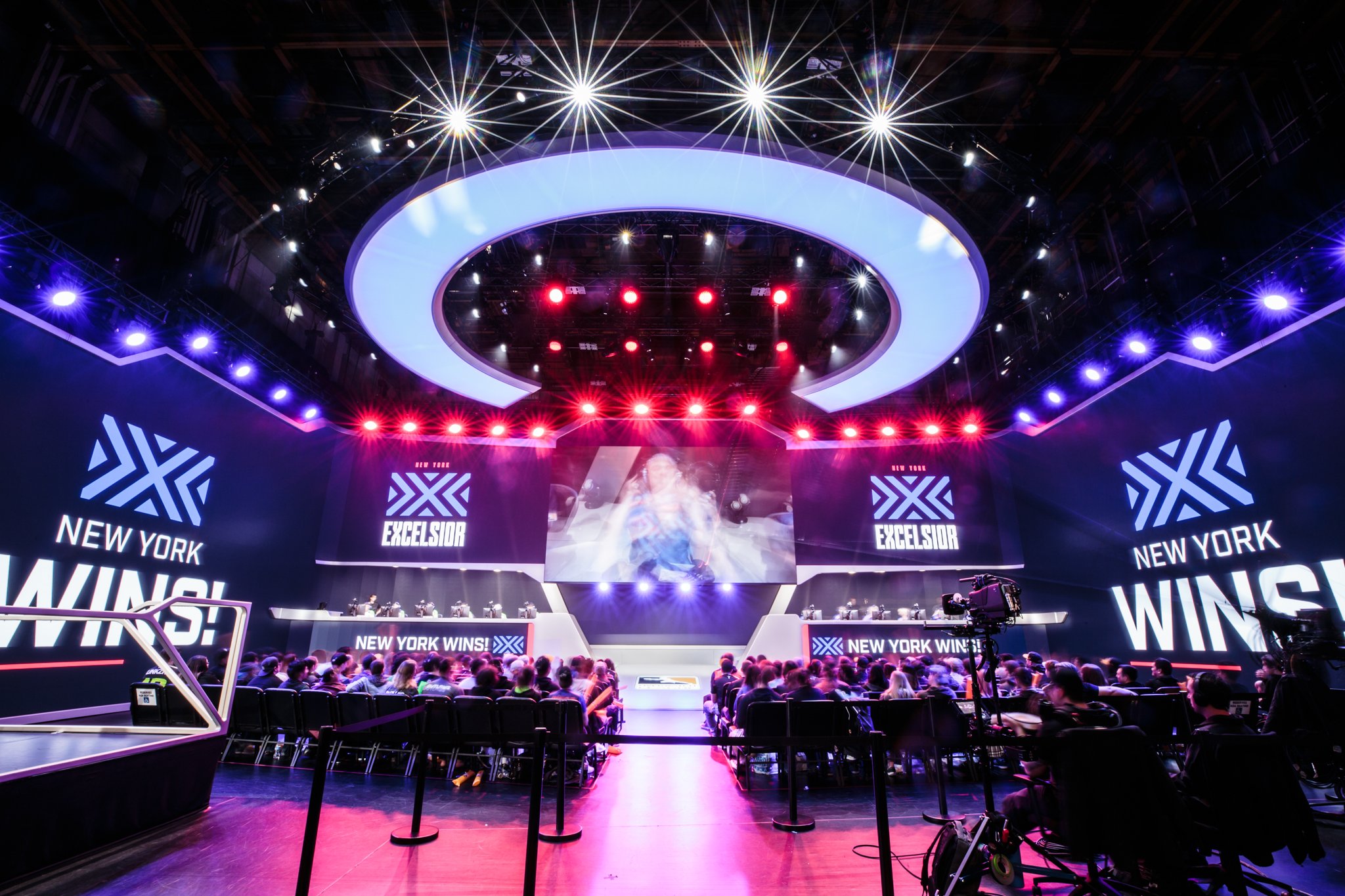
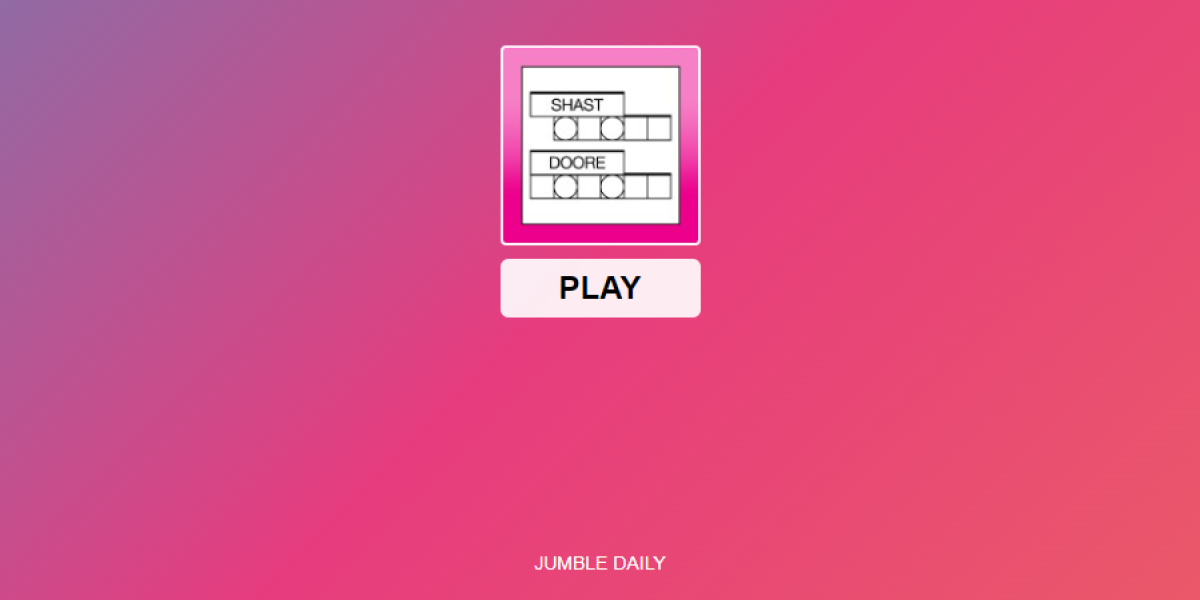
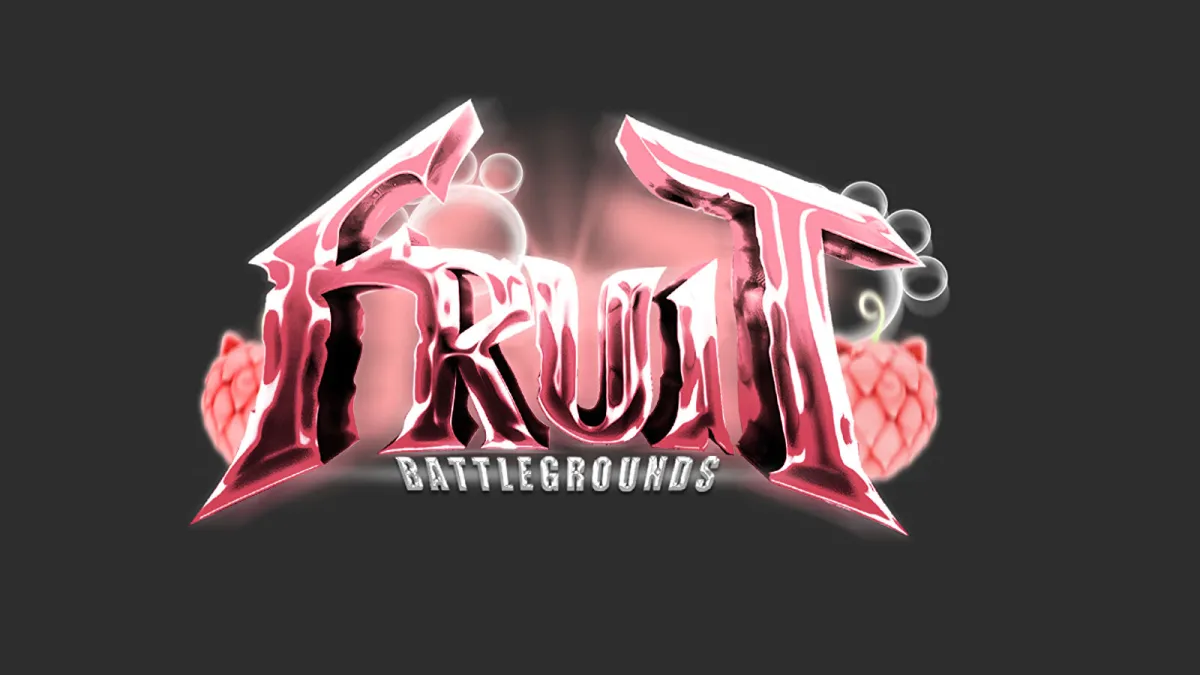
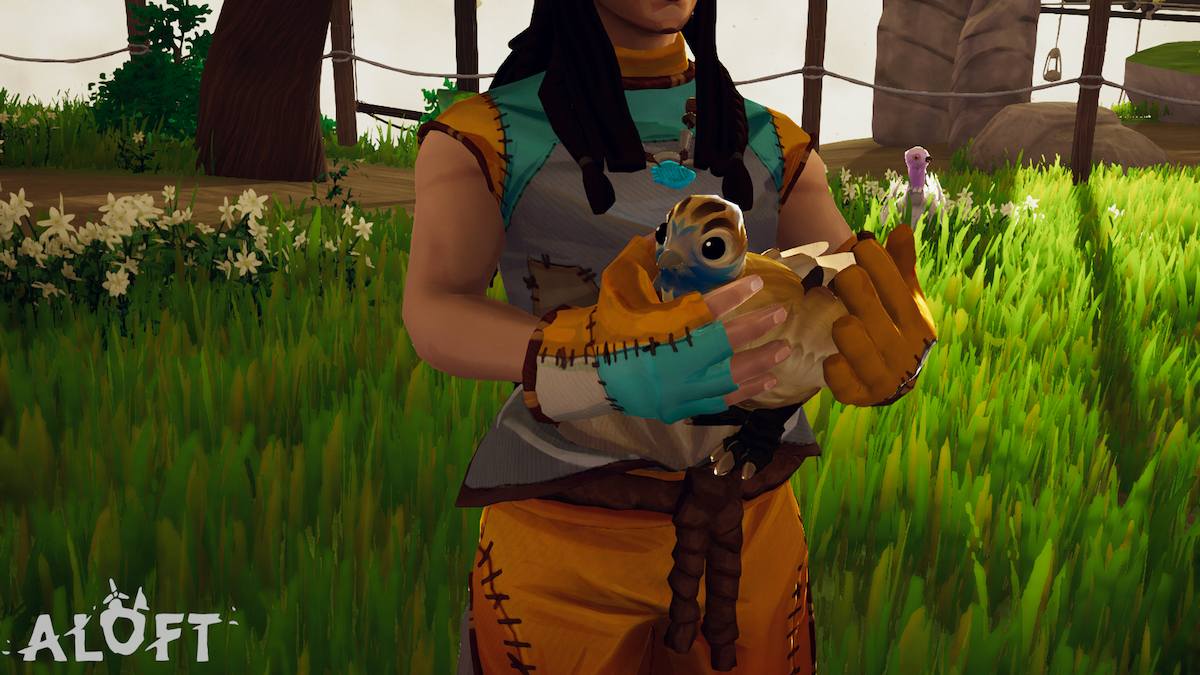
Published: Mar 15, 2018 05:47 pm